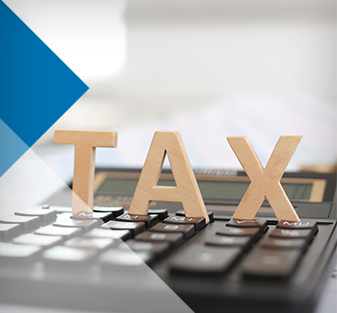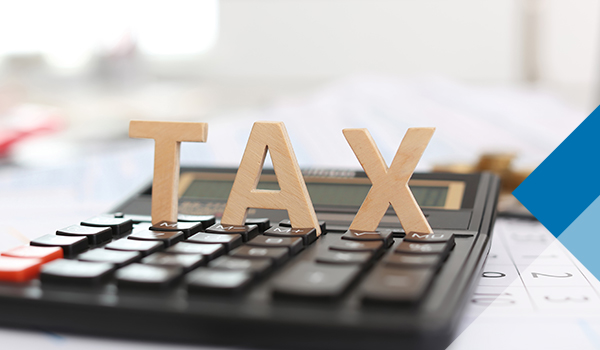 Introduction
Introduction
In South Africa, taxpayers often hear about both Tax and Provisional Tax, but many are unclear about the difference. Provisional tax is essentially an advance payment of the income tax owed for the current tax year, helping to spread the tax burden throughout the year and prevent a large lump sum payment at year-end.
Provisional tax at a glance
Provisional tax is an integral part of the South African tax system, yet it is frequently misunderstood. Many individuals, companies, and trusts are unaware of their obligation to submit provisional tax returns or are uncertain about how to calculate and manage these payments correctly.
What Is provisional tax?
Provisional tax is not a separate type of tax. Rather, it is a method of paying income tax in advance over the course of the tax year, based on estimated taxable income. It is designed to assist taxpayers in meeting their final income tax liability.
Who is required to pay provisional tax?
- Individuals
- You are required to pay “normal” income tax when your total taxable income exceeds the following annual tax threshold:
- R95,750 if under the age of 65
- R148,217 if aged 65 to 74
- R165,689 if aged 75 or older
- You are deemed a provisional taxpayer if:
- You earn income other than remuneration (for example, income from business activities, rent, dividends, interest, or capital gains, etc), and
- Your non-salary taxable income exceeds R30,000 per year.
- Companies and Trusts
- All companies are automatically considered provisional taxpayers, regardless of income level.
- All trusts with a taxable income remaining in the trust (not distributed to beneficiaries) are automatically considered provisional taxpayers.
- Exemptions for individuals
- If your income consists solely of remuneration and is subject to PAYE, OR if your non-salary taxable income is below R30,000 per year, you are generally exempt from the provisional tax system.
When must provisional tax be paid?
Provisional tax is paid in two instalments with the option of a third payment:
- First payment – within six months of the start of the year of assessment.
Years of assessment starting March due by 31 August (6 months into the tax year). - Second payment – no later than the last working day of the year of assessment Years of assessment starting March due by 28/29 February (end of the tax year).
- Third (voluntary) payment – due by 30 September with February year end.
For companies with a year-end other than February within six months of the end of the year of assessment (to avoid interest on any underpayment).
Failure to make these payments on time or to estimate income accurately can result in interest and penalties being levied by SARS.
Practical considerations and risks
- Accuracy Matters: Estimating too low can lead to penalties and interest, while overestimating can impact your cash flow.
- Documentation: Maintain accurate financial records throughout the year to support your estimates.
- Use of Accountants: Professional assistance ensures compliance and accuracy and reduces the risk of penalties.
- Late Payments: SARS imposes a 10% penalty on late payments, plus monthly interest.
Conclusion
Provisional tax is a critical aspect of tax compliance for many South African taxpayers, particularly business owners, professionals, and investors. Understanding your obligations and planning ahead can prevent unnecessary stress and financial penalties.
If you are uncertain whether you are a provisional taxpayer, or if you need help with calculations, projections, or submissions, our team of tax professionals are here to assist. We ensure that your provisional tax obligations are met accurately (according to the information provided to this firm) and on time, giving you peace of mind throughout the tax year.
For assistance, please contact Adri Britz at abritz@fhbc.co.za or Lizette Immelman at limmelman@fhbc.co.za

